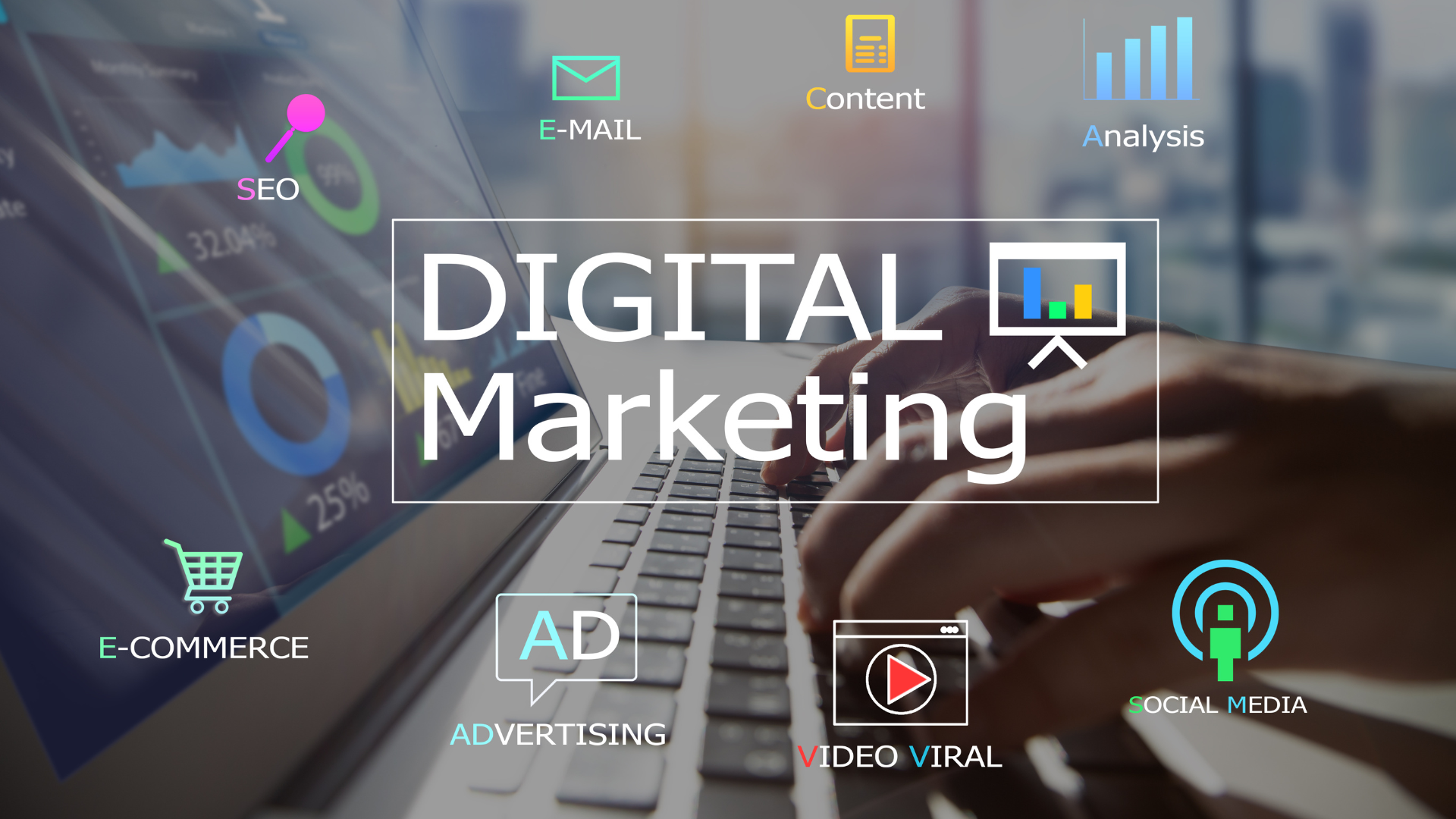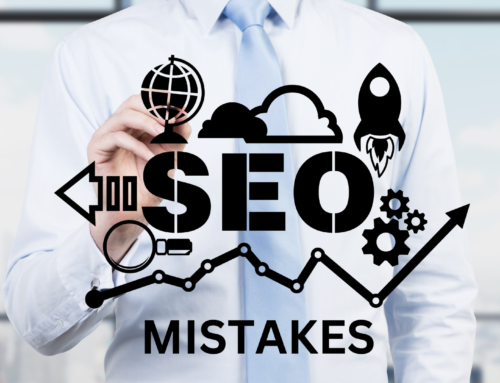It is well known that attention spans on the Internet are getting shorter. Not only are millennials addicted to social media, but they’re also constantly connected to their smartphones. Therefore, it is no surprise that companies are finding newer and more creative ways to reach their customers. Companies have used YouTube to cut out the middleman and get their messages directly to their target market. There are companies that will pay users to promote their products and services on social media sites.
The digital marketing market is constantly changing as new tools and platforms are introduced and new techniques are discovered. Many new marketing tactics and strategies are introduced every year, including b2b growth strategies and saas marketing strategies. And as a result, even experienced marketers may be floundering at times. So, knowing the psychology of your target market, sales, and marketing team’s psychology can help you make better decisions that positively impact your business.
What is The Psychology Behind Digital Marketing?
Trust Factor Influence
When it comes to trust, charisma and likability are the most important factors. These three factors are the backbone of product and services marketing, innovation, and business development. If a person or company fails to have these core ingredients in place, it can be hard to trust the brand or product offering. Due to this factor, most companies tend to hire digital marketing companies (like Digital Edge Int, for instance) instead of having an in-house team for their branding, as the former’s professional experience would help ensure credibility and trust in the market.
Psychology of Colour in Marketing
In the marketing world, it’s well known that colour can have a huge impact on how people feel. If you’re targeting a certain demographic, you’ll want your call-to-action buttons to be bright and eye-catching (and you can bet your marketing materials will be vibrant, too). On the other hand, if you’re trying to reach a more mature audience, you’ll want to tone things down a little. While most people intuitively understand the power of color, it’s interesting to note that many marketing professionals simply don’t know how colour influences the way people feel.
Reciprocity Method
The reciprocity method is a technique used by salespeople and marketers to make a sale. Essentially, you ask a customer to buy your product, and on their next purchase, you will buy theirs. The reciprocity principle is the idea that people tend to respond to the behaviour of others by copying it. For example, in a controversial recent study, psychologist Robert Cialdini found that after people were exposed to ads promoting a product or service, they were more likely to purchase it when presented with a coupon for it.
Social Existence
Your digital footprint is more than just a record of what you’ve done online. It’s a part of who you are. It becomes part of you when you share something with the world and others like it. That’s why it’s so important to control your online persona. If your profile is filled with negative comments about you, it’s no wonder people don’t take you seriously. If your posts are filled with content that’s only about you, people will tune you out. This stands equally true for online firms. It is their online presence that brings them customers and businesses. That is why they tend to take the help of agencies specializing in digital marketing New Orleans and elsewhere to improve their presence over the web.
Scarcity
The scarcity principle, also known as the economics of scarcity, states that individuals and organizations will focus their efforts on increasing the value of a resource by depleting the stock of that resource until the perceived value is greater than the cost of acquiring the resource (or the cost of producing additional units of the resource). In short, it’s about motivation.
Decoy Effect in Pricing Strategy
The Decoy Effect is a psychological phenomenon that happens when consumers are exposed to an option that is placed in a seemingly irrelevant context. Consumers begin to associate the option with a certain price, creating a bias towards that price. The Decoy Effect can be used to manipulate consumers into making a purchase, such as setting a low or high price with the intent to induce a psychological response.
The psychology of marketing happens to be an important topic for all kinds of marketers, new and old (similar to web optimizers, for example) alike. It is incredibly important to understand the marketing psychology because it can help marketers understand their customers better, which in turn can help them create more effective marketing campaigns that create more conversions for the company.
Digital marketing is a lot like any other type of marketing in that it’s all about knowing your audience and being able to connect with them on an emotional level. To do that, you need to create content that is tailored to the needs of each person you’re trying to reach out to. It’s about being aware of your audience’s interests and how to reach out to them naturally.






Leave A Comment